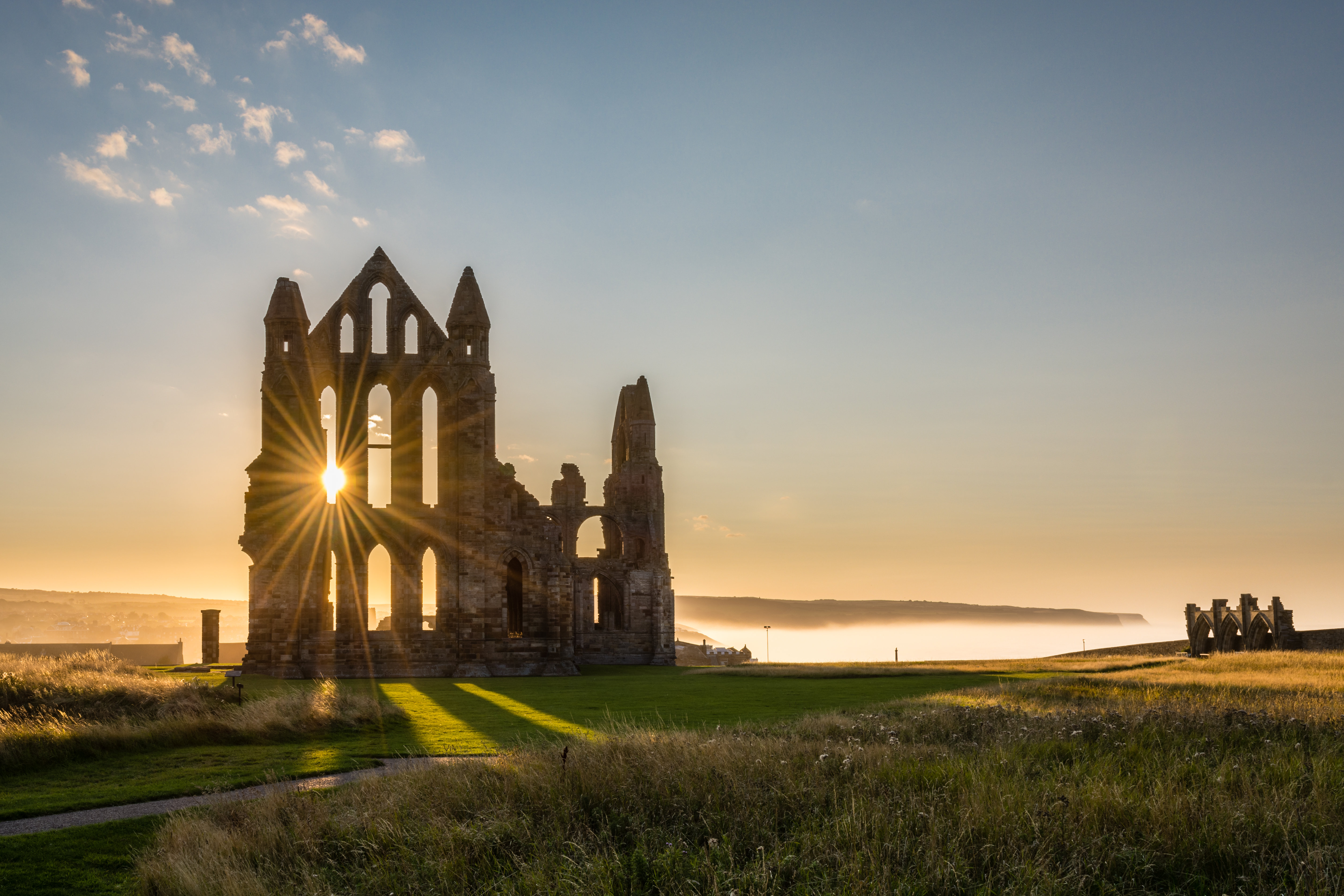Oldest known song in the English language to be re-imagined by Zoom choir
Posted on 20 July 2021
 According to Bede, Cædmon was a lay brother who cared for the animals at the monastery Streonæshalch (now known as Whitby Abbey).
According to Bede, Cædmon was a lay brother who cared for the animals at the monastery Streonæshalch (now known as Whitby Abbey).
The song was composed in the 7th century, by Cædmon, an illiterate cow-herder from Whitby.
Now 14 centuries later Dr Stef Conner, from the University of York’s Department of Music, is running a Zoom singing workshop, in which participants are invited to explore what Cædmon’s Hymn might have sounded like.
Legend has it that, after receiving divine inspiration one night, Cædmon - who had no musical ability and was unable to transcribe notation - composed the song spontaneously, and went on to produce songs known for their craft and beauty.
The words of the hymn were passed on through the oral tradition for a century until it was finally written down in Bede’s Ecclesiastical History of the English People.
Guided imagining
Dr Conner and medieval music singer Hanna Marti will present a selection of musical evidence to the online singing group - from late antiquity and early medieval Europe to contemporary folksong and even hip-hop - that offer clues as to how the Old English singing tradition might have sounded.
Dr Conner, a composer who specialises in making new music based on ancient evidence said “With Cædmon’s Hymn, it’s impossible to disentangle the factual from the mythological: did Cædmon really learn to sing spontaneously? Was his music really as impressive as the stories tell? How closely do the surviving words resemble what Cædmon actually sang? And did Cædmon even exist at all?”
“The workshop is a guided imagining: we want participants to imagine and invent their own version of Cædmon’s Hymn. We’ll give participants access to historical evidence and invite them to create their own music based on those materials,” Dr Conner added.
Dr Conner says the workshop on 28 July presents a chance to explore ancient musical scholarship, but in a light-hearted experiential way.
The event is free, open to all and there is no requirement for prior knowledge of music reading experience.
Further information:
The event will be held on Wednesday 28th July, 5:30–7pm, on Zoom.
Register for the event on Eventbrite.
Explore more news

Poor diets fuelling health crisis in the North, report reveals
Wednesday 23 July 2025

Nightjars at real risk from decreasing genetic diversity, researchers warn
Tuesday 22 July 2025

A ‘millet mystery’ in ancient Japan reveals a complex picture of agricultural adoption, research shows
Monday 21 July 2025

Wednesday's child is not "full of woe," new study finds, debunking popular nursery rhyme
Wednesday 16 July 2025

Optical telescope on York rooftop to advance communication between space and earth
Wednesday 16 July 2025
